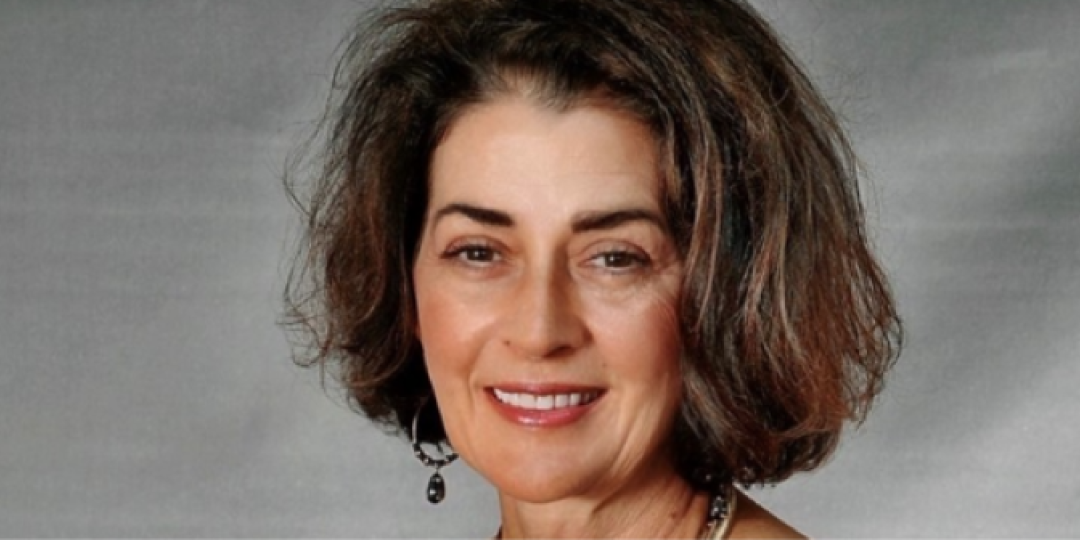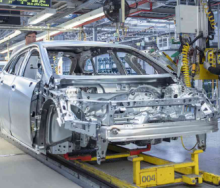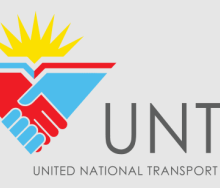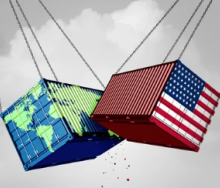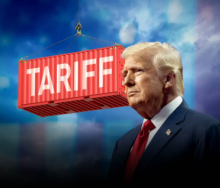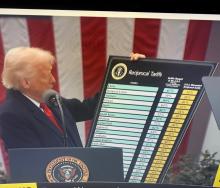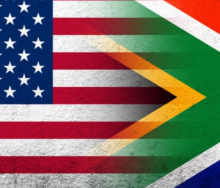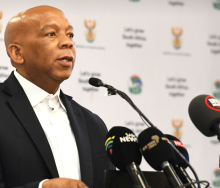Freight industry leaders agree that Sunday night’s segment on Carte Blanche, in which Transnet was criticised for operational issues hampering throughput at the Port of Cape Town, wasn’t as objective and accurate as it could have been.
However, several people Freight News approached for comment acknowledged that the programme had helped to highlight persistent issues, such as inadequate equipment and the truck booking system (read related post).
Dr Juanita Maree, chief executive officer of the South African Association of Freight Forwarders, said: “I don’t think they (Carte Blanche) had an objective view and it’s the last thing we need right now.”
She said it was especially disappointing that the producers and presenters of the segment “were referring to things from October 2023 when we were in a very bad situation”.
The segment would have come across more fairly if it had shown that “there’s a big uptake among senior people about bringing excellence back into the system”.
She said much had, in general, improved at the country’s ports.
“We’re not where we used to be but we’re also not where we want to be. Things aren’t going to change overnight. At the moment there’s a sense of hope at the end of the tunnel. It’s not all about doom and gloom.”
With the spectre of Donald Trump hanging over the country’s trade with the US, combined with last week’s budget fiasco and the return of load-shedding, Maree appealed for resolute faith in the industry’s private and public sector partners collaborating to improve efficiencies.
“We can and have to sort our ports out.”
She was particularly scathing of criticism that the seven rubber-tyred gantries (RTGs) bought second-hand from the Port of Los Angeles were a bad call, as reported by Carte Blanche.
“We bought them from Maersk for R23 million at a quarter of the price for all seven units compared to what it would have cost if we had bought new equipment, which would have cost about R60 to R70m per unit.
“Yes, it’s not ideal to buy second-hand RTGs, but be reasonable. With the correct maintenance approach, they can make a difference, and they have.”
Unfortunately, when Western Cape Region managing executive Oscar Borchards was placed on the spot by Carte Blanche presenter Govan Whittles, he seemed out of place.
Maree, Exporters Western Cape chair Terry Gale, and Berry & Donaldson customs liaison manager Clifford Evans, all agreed that Transnet didn’t come across well.
One of them even said Borchards "looked as if he had been ambushed by Whittles’ line of questioning”.
This was especially the case when Borchards was probed about the RTGs, and he said the equipment was working well, only to be faced with a secretly made recording in which acting port manager, Ophelia Shabane, said the acquisition of the RTGs had been a mistake.
Maree said the comment Shabane had made should be contextualised.
Gale agreed, saying it didn’t seem as if Borchards had been treated fairly.
Evans said it was clear to him that Borchards, “who is generally doing a good job and is well respected by industry, didn’t know what he had let himself in for”.
He added that although the segment didn’t add anything new to an old conversation about Transnet’s ongoing battles with effectively balancing container movement between waterside moves and truck turnarounds, it once again showed how a port like Cape Town was simply not working as it should.
